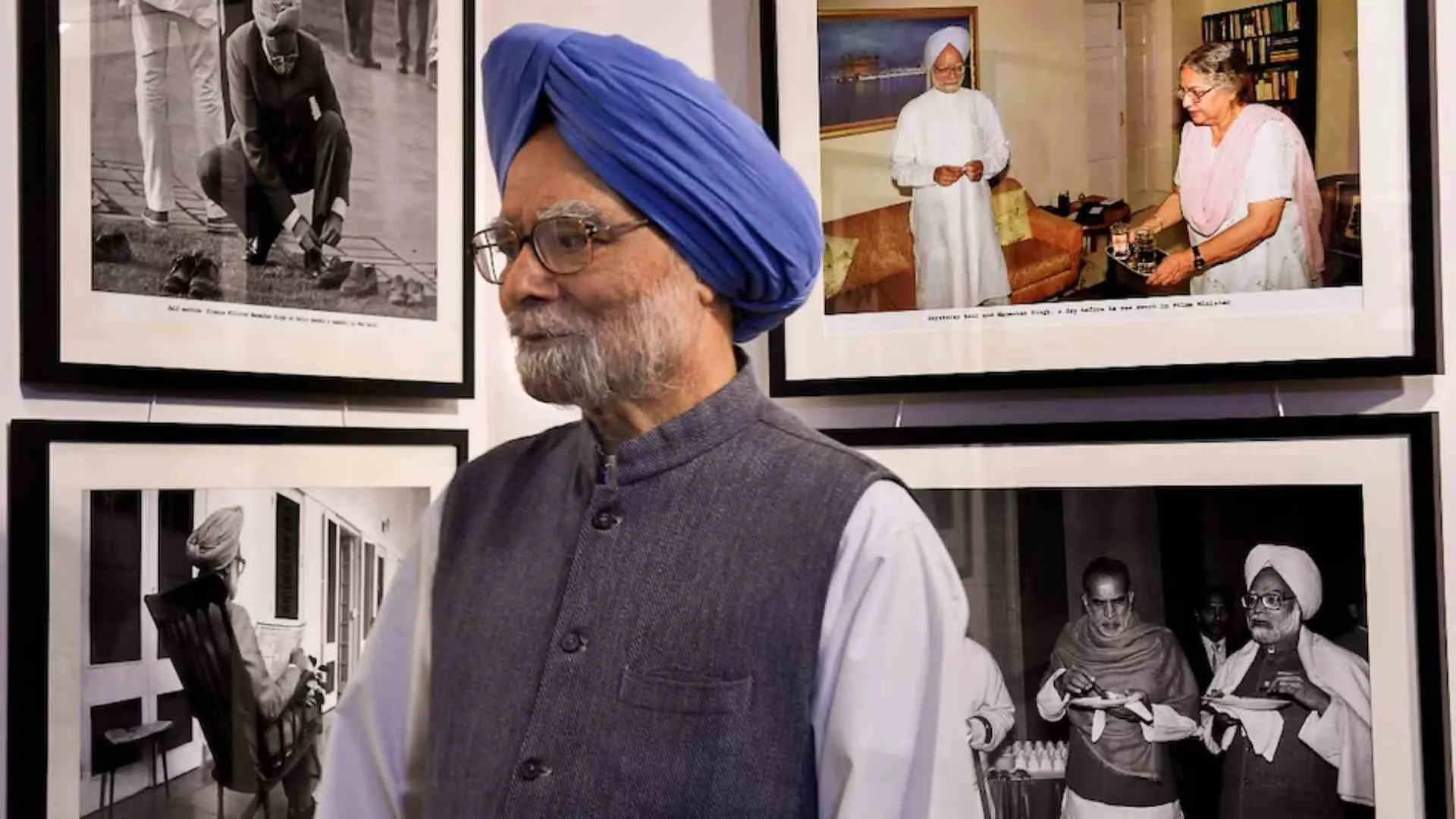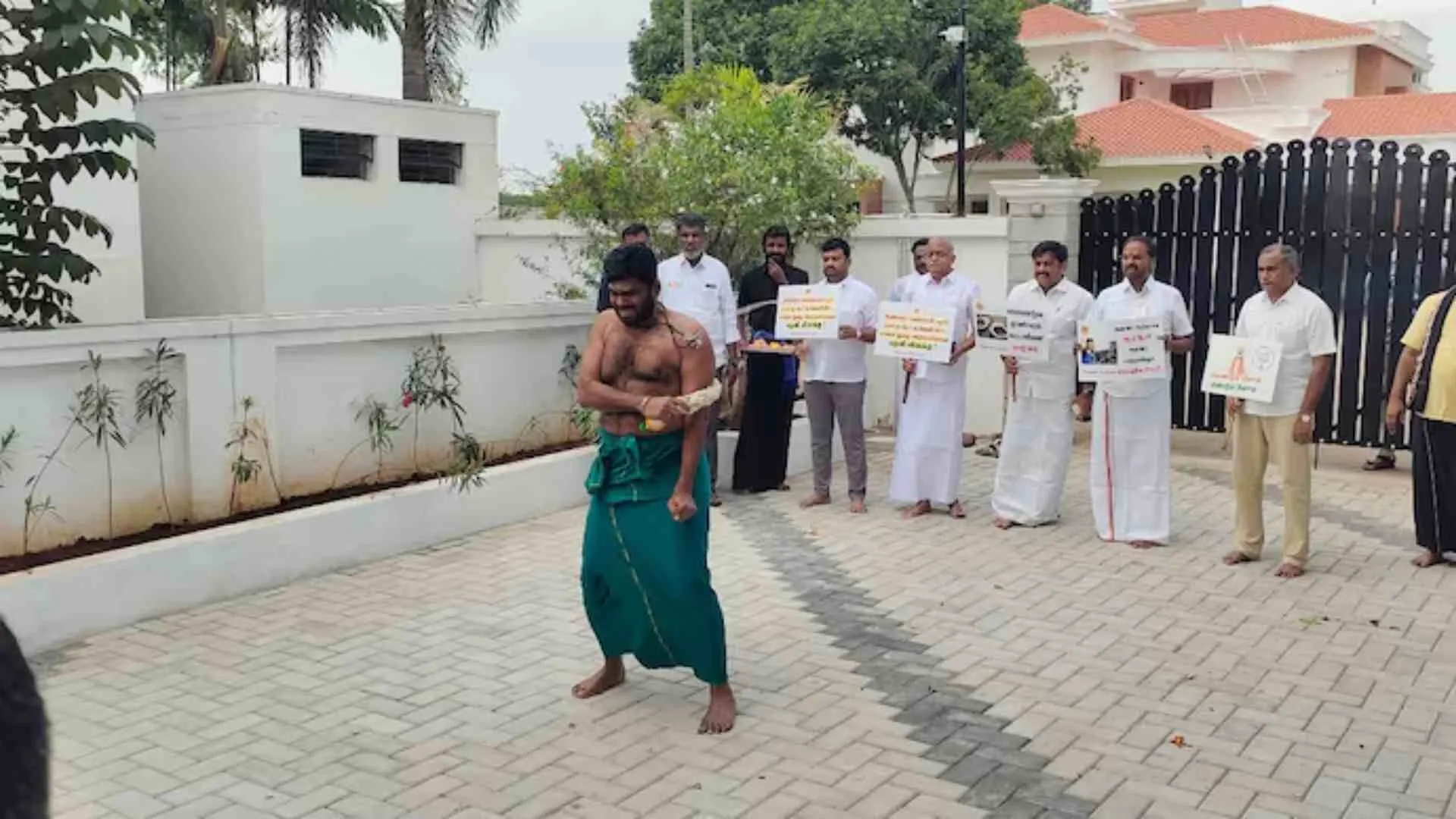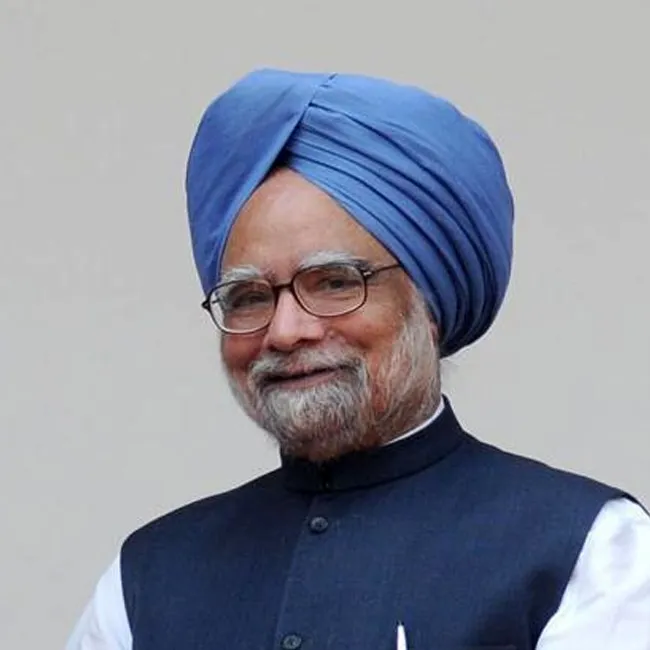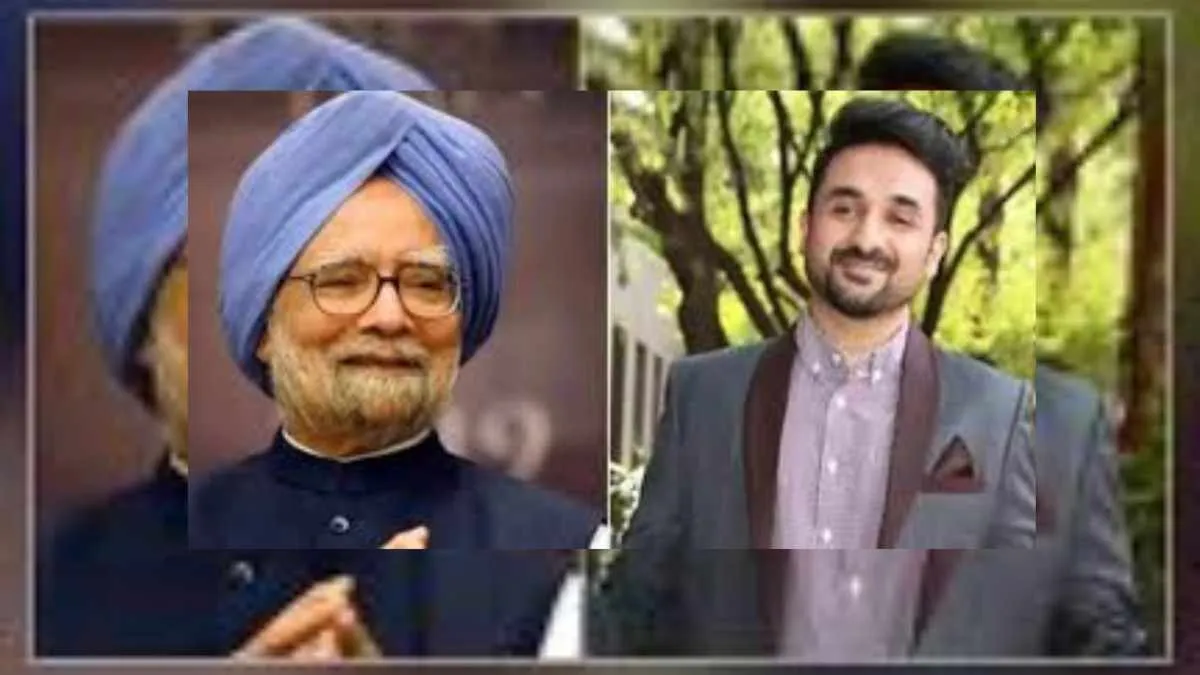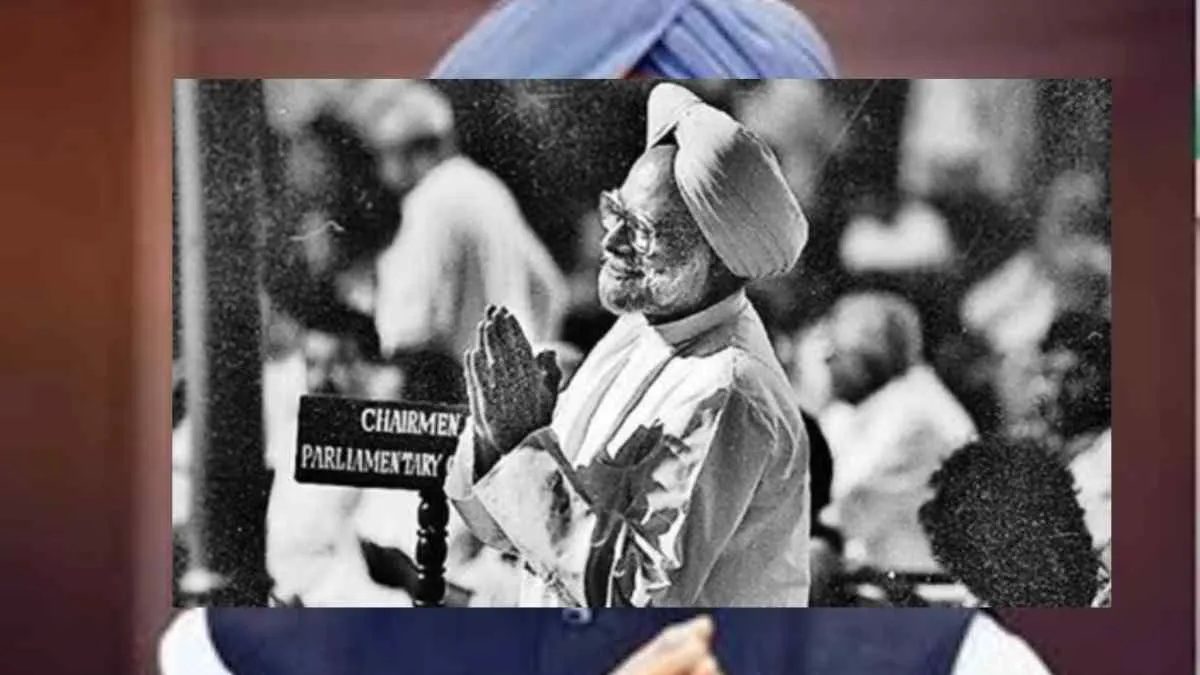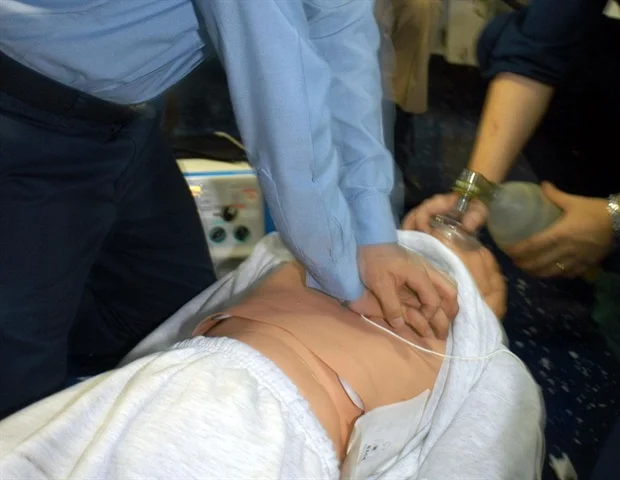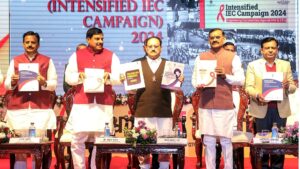Union Minister of Health and Family Welfare Jagat Prakash Nadda inaugurated the World AIDS Day 2024 commemoration at Devi Ahilya Vishwavidyalaya Auditorium in Indore, Madhya Pradesh, on Sunday. He highlighted India’s sustained efforts in maintaining a low level of the HIV epidemic, noting that new infections in 2023 were nearly 44% lower than in 2010, while AIDS-related deaths have decreased by 79%.
This year’s theme, “Take the Rights Path,” emphasizes the importance of equal rights, dignity, and access to healthcare for all individuals, particularly those living with or affected by HIV/AIDS. Nadda reaffirmed the government’s commitment to protecting the rights of people with HIV/AIDS through legal safeguards, healthcare access, and societal reforms. “World AIDS Day is a moment to reiterate that we are all united in the fight against AIDS and to remember and honour those who have battled this disease and lost loved ones,” he stated.
Minister outlined the ongoing Phase V of the National AIDS and STD Control Programme
The minister outlined the ongoing Phase V of the National AIDS and STD Control Programme, recognizing the consistent efforts of the National AIDS Control Organisation (NACO) and State AIDS Control Societies in keeping epidemic levels low. He reiterated that new HIV infections in 2023 were 44% lower than in 2010, with AIDS-related deaths falling by 79%.
Nadda presented three key directives in the fight against AIDS: First, he stressed the importance of caution in preventing HIV/AIDS infections, noting that the virus can be transmitted through various means beyond sexual contact. Second, he advocated for a healthy lifestyle that includes proper nutrition, exercise, and sleep to prevent illnesses. Third, he called for increased awareness and efforts to combat stereotypes through village meetings, school programs, and educational campaigns, urging authorities to evaluate the effectiveness of AIDS control initiatives and address any shortcomings.
The minister emphasized the need for empathy in treating HIV-positive individuals, asserting that everyone deserves a dignified life. He dispelled myths surrounding HIV, stating that those who are HIV-positive can lead long, healthy lives and even have HIV-free children. Nadda praised healthcare workers for their dedication and resilience, despite their constant exposure to infections, and stressed the importance of supporting them.
He acknowledged India’s progress in combating AIDS, noting the transition from an era without treatment to becoming a global supplier of affordable HIV medications. The Union government provides free medication for AIDS patients, showcasing India’s leadership in producing effective treatments.
Nadda reaffirmed the government’s commitment to achieving the Sustainable Development Goals (SDGs) by 2030, stating that India has adopted the 90-90-90 target for combating AIDS—90% case detection, 90% antiretroviral therapy (ART) coverage, and 90% viral load suppression. This target has now been updated to 95-95-95, with 81% of cases identified, 88% on ART, and 97% achieving viral load suppression.
During the event, Nadda congratulated the Madhya Pradesh government on its advancements in healthcare. He also visited an exhibition organized by NACO and interacted with delegates and officials.
Madhya Pradesh Chief Minister Mohan Yadav expressed pride in the government’s AIDS control efforts, which benefit the most vulnerable sections of society. He remarked, “Under the leadership of Hon’ble Prime Minister Shri Narendra Modi, India has successfully managed the COVID-19 pandemic and is working towards eradicating epidemic diseases like AIDS by 2030.”
Yadav highlighted significant improvements in the state’s medical infrastructure, noting that the number of medical colleges has increased from five to 31, with a target of reaching 50 colleges in the next two years. He announced that Madhya Pradesh aims to eliminate AIDS as a public health threat by 2028, two years ahead of the SDG target, while leading efforts in initiatives like the Ayushman Bharat Vay Vandana Yojana and achieving key health indicators, including reductions in infant mortality rates and improved healthcare access in remote areas.


